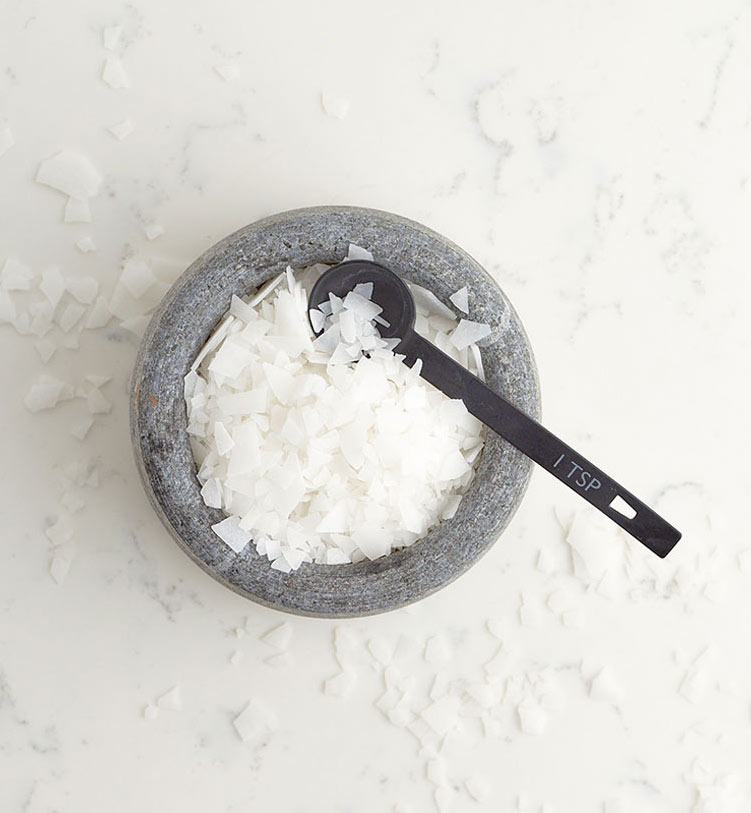Magnesium for Depression

From the outside, depression can be hard to understand. We may seem “normal” when we’re anything but. Most of us have felt depressed at some point in our lives. The absence of feeling. Numbed out. Separate.
Sadness, loneliness, loss…the intensely important facets of life that we’re afraid to post about, to talk about, to be brave about. Depression can last a day, a winter season, or years, and it can severely disrupt our lives.
There’s no shame in talking about depression, and getting help for it. We don’t have to say we’re “fine” when we’re not.
We can open up to the hard, vulnerable conversations with those we feel safe with.
“People who have never dealt with depression think it’s just being sad or being in a bad mood. That’s not what depression is for me; it’s falling into a state of grayness and numbness.”
DAN REYNOLDS, IMAGINE DRAGONS
How Magnesium Can Help Depression
What we do know for certain is that Magnesium plays a key role in mood regulation. It’s been linked to the regulation of inflammation, which is known to pay a part in the symptoms of depression. Low Magnesium intake is associated with a higher risk for both depression and anxiety.
Studies have suggested that Magnesium has an effect on the levels of neurotransmitters including serotonin, dopamine and noradrenaline —all of which are involved in mood regulation. More research is needed to better understand exactly how this happens. Depression is one of several mental health diseases that are observed when there is a deficiency of Magnesium. Therefore, increasing Magnesium can improve symptoms of depression.
Working with your trusted health practitioner, in tandem with your own personal learnings and empowerment, is critical in treating depression.

“A big part of depression is feeling really lonely, even if you’re in a room full of a million people.”
LILLY SINGH
Links Between Magnesium Deficiency & Depression

It is fascinating to learn about the many connections between Magnesium deficiencies and depression. As early as 1996, a study by Dr. Richard Cox and Dr. Norman Shealy (both neuroscientists) noted a correlation between low magnesium and rates of depression, finding 100% of 475 chronically depressed exhibited deficient magnesium in magnesium tolerance testing.
A more recent and much larger study published in 2009 in the Australian and New Zealand Journal of Psychiatry confirms these findings. Data from 5700 adults in the Hordaland Health Study in Norway, researchers noted a significant relationship between magnesium intake and depression. More resources are listed for you below.
“Getting better from depression demands a lifelong commitment. I’ve made that commitment for my life’s sake and for the sake of those who love me.”
SUSAN POLIS SCHUTZ, POET
Magnesium Transdermal Therapy
Transdermal, or topical Magnesium, can be more effective and more gentle than using oral Magnesium supplements. Because it doesn’t go through the digestive tract, there’s no concern about GI upset. And because we’re not getting our daily Magnesium requirements from food due to soil depletions, we can supplement with high quality, absorbable products. Transdermal therapy has been proven to work.
Mineral and Co’s transdermal creams and lotions offer:
- No GI upsets
- Safe & gentle
- Quick absorption
- No-rinse off
- High concentration of Magnesium

“We should make it clear that getting help isn’t a sign of weakness—it’s a sign of strength and we should ensure that people can get the treatment they need.”
MICHELLE OBAMA, FORMER FIRST LADY